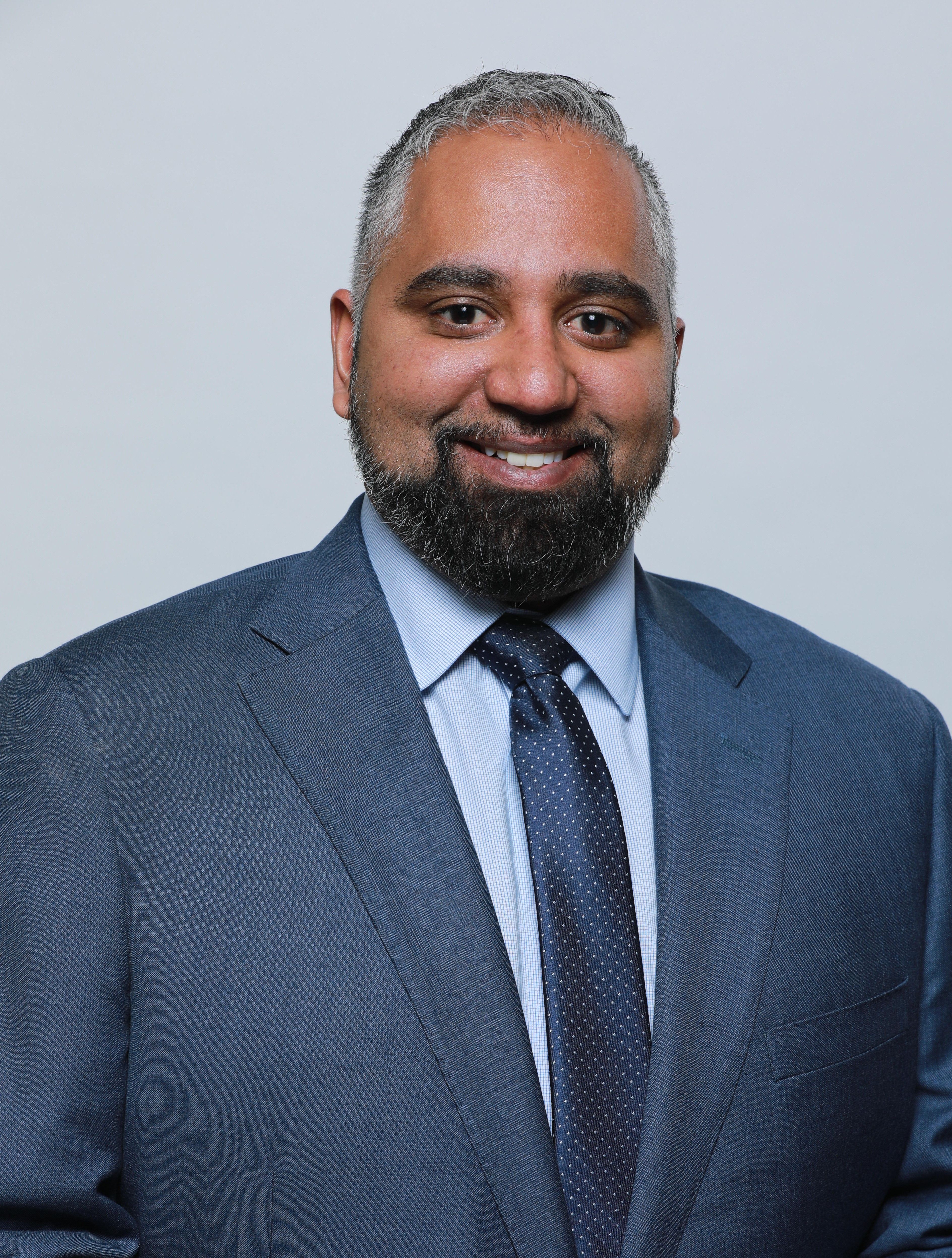Q&A With Mike Monovoukas, CEO and co-founder of AcuityMD, and Arjun Ishwar Of Miach Orthopedics
AcuityMD’s CEO speaks about the current market and how its impacting smaller medical device companies.
AcuityMD recently announced that it had signed with Miach Orthopedics to help grow the company’s business. Mike Monovoukas, CEO and co-founder of AcuityMD, and Arjun Ishwar, vice president of sales and marketing at Miach Orthopedics, spoke with MDT about how the current market is impacting smaller medical device companies.
Mike Monovoukas
CEO and co-founder
AcuityMD

(MDT:) How would you describe the work AcuityMD is doing?
Mike Monovoukas: Our mission at AcuityMD is to accelerate the adoption of medical technologies. We have the best-in-class data platform and power med-tech specific workflows on top of that data platform so that companies can accelerate adoption of their technologies. They can see where to target, allocate their resources, and approach surgeons that are relevant for their innovative technologies.
(MDT:) What are the challenges that smaller medical device companies are facing?
Arjun Ishwar
Vice president of sales
and marketing
Miach Orthopedics

Arjun Ishwar: It really is driving awareness and adoption of the product. We follow the typical crossing the chasm-type curve where we have early adopters that are entering the phase of the early majority. It’s very easy for us to go out and do Google searches and try to identify every sports medicine surgeon that does an ACL procedure. We’ve got a team of 30 reps around the country and trying to attack every surgeon would take way too much time. We need to be focused and strategic.
Monovoukas: Number one, the pandemic has exacerbated the great resignation across the board, and that’s not just specific to high growth companies. We see a lot of demand for technologies to help employers communicate that they’re taking care of their people and investing in platforms and tools to help them be successful. They need to combat the great resignation. One of the things that the pandemic highlighted is that it’s much harder to ramp new employees. At the same time, folks are leaving companies and there was the largest rate of turnover in terms of where people ended up, and medtech wasn’t immune to that.
The longer-than-average ramp time, due to being remote, while also seeing attrition, are why technologies like AcuityMD are critical to making sure that those employees feel like they’re being invested behind and getting the resources to be successful.
(MDT:) Does the platform help with issues directly related to employees leaving a company?
Monovoukas: Traditionally, you relied on sales reps that have relationships with surgeons or other healthcare professionals. What our platforms allow for is the democratization of all of those market insights. You can train a rep to sell into a new call point without needing three decades of experience and knowing exactly who to go to target for the new technology.
(MDT:) What are the benefits for signing with a platform like Acuity’s?
Monovoukas: Number one is that our mission, which is to accelerate the adoption of medical technology. That is also the mission of a lot of the companies that we work with. We are aligned to the strategic interest of the companies we work with. Unlike other providers that are trying to sell seats or data assets to the companies, we’re trying to sell the ability to get product out in the market and into the hands of physicians that need it the most. Our mission alignment permeates into every facet of the company. Our customer success and customer support team speak the lingo of the industry and can help advise on how to strategically grow their business.
By aligning our mission with those of our companies, it allows every single function of AcuityMD to accelerate our progress and partnerships with these companies. This includes differentiated data sets, work flows highly specific to the industry, and customer success, and the level of support from the team.
Ishwar: The key word here is data, which is an incredibly powerful tool. We’re in a modern age where the more tools and resources that we can provide to our team, the more successful they’re going to be and the faster they will be able to grow their business. There are ways that we can learn more about the professional connections that the physicians may have within the platform that helps us have better discussions.
For example, if we are interfacing with a surgeon that we know has down a fellowship or worked closely with a current user of our product, we’re able to have a more educated discussion.
(MDT:) What are the elements driving the growth of the medical device industry?
Ishwar: Certainly COVID 19 had an impact on elective procedures, but these procedures are coming back. Patients are more educated than ever. Patients are asking the right questions, and that’s helping to grow the market in a way that can help new technologies to succeed.
Monovoukas: Personalized medicine is a huge priority to the US healthcare space. What that actually means for the medical technology industry is that there is a need to support thousands of new products and technologies by mapping to all the idiosyncrasies of each patient’s clinical condition. Each year, there are thousands of new medical technologies approved by the FDA. From the perspective of a health care provider trying to stay up to date with what’s out there, it’s very challenging.
Personalized medicine and the fact that medical technology companies are now leveraging that trend to figure out more intimate ways to solve problems is a huge driver, but it also creates some difficulties in the market. You need to make sure that your innovative property stands out and gets to the right people.
Financial Engineering for Biotech Success
February 12th 2023Andrew W. Lo, PhD, a finance professor at the MIT Sloan School of Management and the director of the MIT Laboratory for Financial Engineering, discusses cultural differences between the scientific side of biopharma and the financial side.